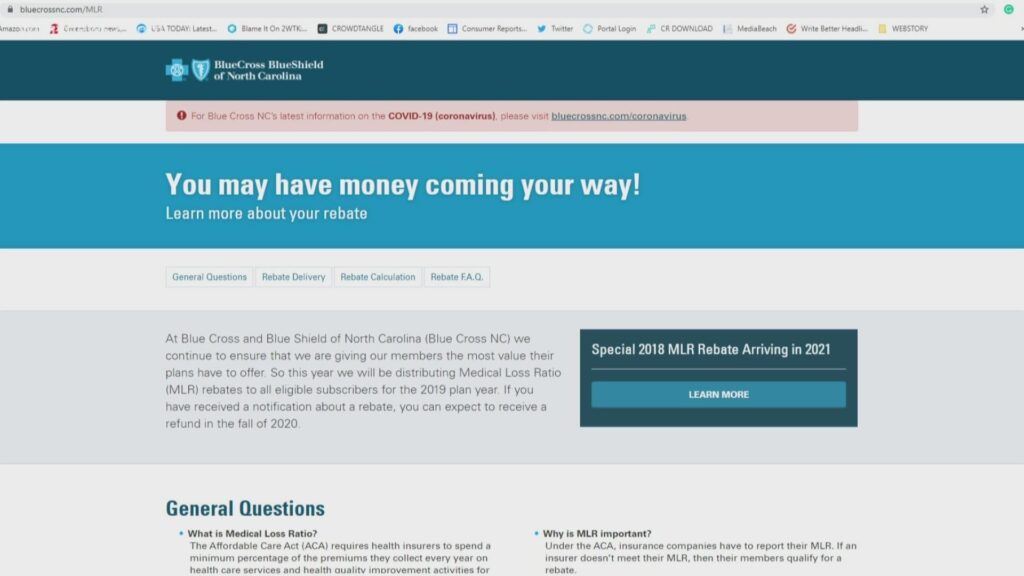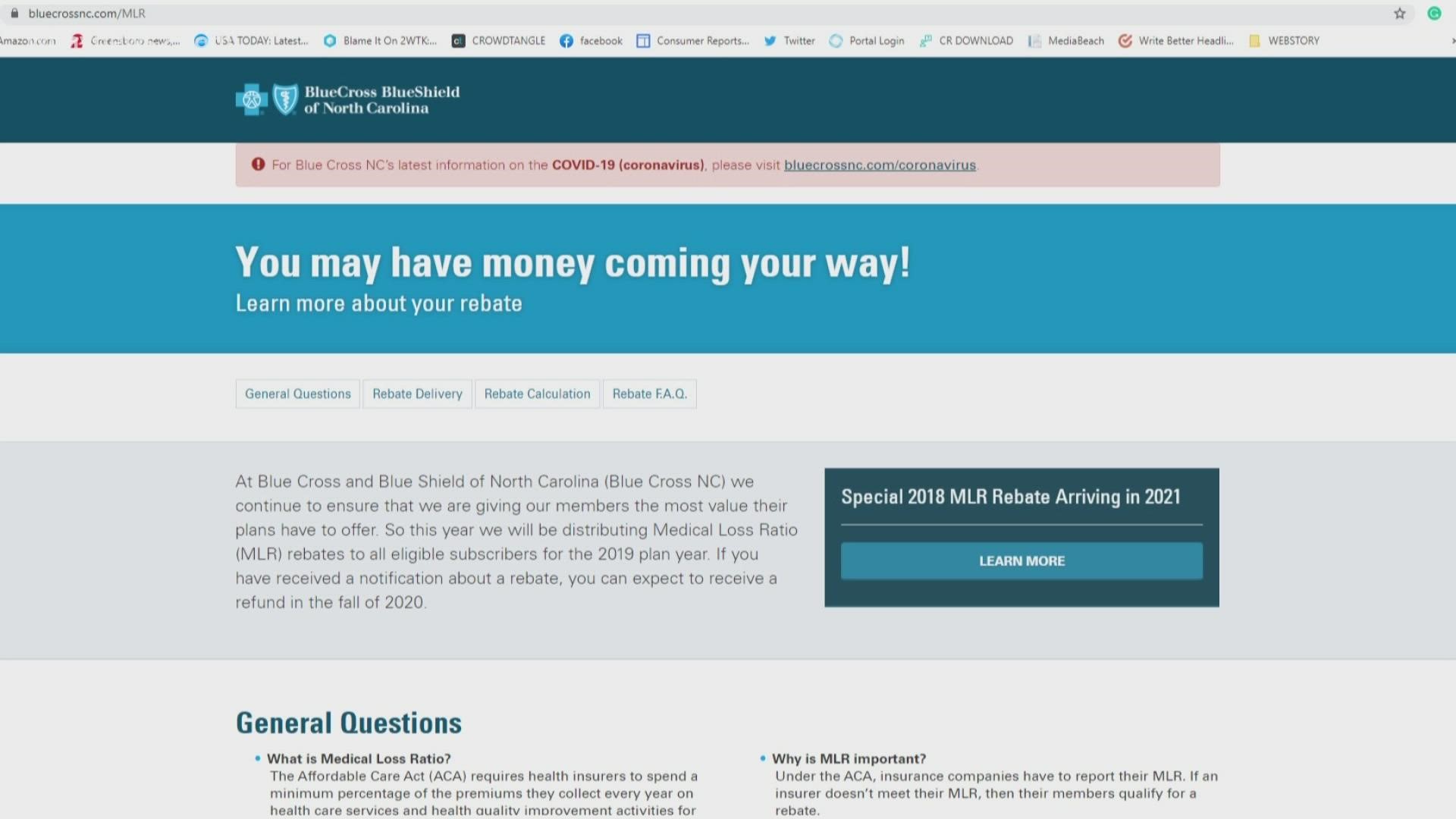
BCBS Class Action Lawsuit: What You Need to Know
The Blue Cross Blue Shield (BCBS) class action lawsuit has been a significant legal battle affecting millions of Americans. This lawsuit, officially known as *In re: Blue Cross Blue Shield Antitrust Litigation*, alleges that the Blue Cross Blue Shield Association and its member companies violated antitrust laws, resulting in higher healthcare costs and reduced competition. Understanding the details of the BCBS class action lawsuit is crucial for anyone who has been a BCBS member or is considering becoming one. This article aims to provide a comprehensive overview of the lawsuit, its implications, and what it means for consumers.
Background of the BCBS Antitrust Litigation
The crux of the BCBS class action lawsuit revolves around antitrust concerns. The plaintiffs argued that the Blue Cross Blue Shield Association, through its licensing agreements and territorial restrictions, created a system that stifled competition among its member companies. Each BCBS entity was essentially granted a monopoly within its designated service area, preventing other BCBS companies from competing within that territory. This lack of competition, it was argued, led to inflated premiums and reduced healthcare choices for consumers.
The lawsuit claimed that this arrangement violated Section 1 of the Sherman Antitrust Act, which prohibits contracts, combinations, and conspiracies in restraint of trade. The plaintiffs sought damages and injunctive relief, aiming to reform the BCBS system to foster greater competition.
Key Allegations in the BCBS Class Action Lawsuit
The BCBS class action lawsuit outlined several key allegations:
- Territorial Restrictions: The lawsuit challenged the exclusive territories granted to each BCBS company, preventing them from competing with each other.
- Price Fixing: Plaintiffs alleged that the BCBS Association facilitated price fixing among its member companies, leading to artificially high premiums.
- Reduced Competition: The lawsuit argued that the BCBS system reduced competition in the health insurance market, harming consumers and employers.
- Impact on Healthcare Costs: The plaintiffs claimed that the anti-competitive practices of BCBS contributed to higher healthcare costs and limited access to affordable healthcare.
The Settlement Agreement
After years of litigation, a settlement agreement was reached in the BCBS class action lawsuit. The settlement, preliminarily approved by the court, involves significant changes to the way BCBS operates and provides financial relief to affected parties. The settlement class includes individuals and businesses who purchased or were covered by BCBS health insurance plans between 2008 and 2020.
The settlement includes both monetary and injunctive relief. The monetary relief involves a multi-billion dollar settlement fund that will be distributed to class members who submit valid claims. The injunctive relief includes changes to BCBS policies and practices aimed at increasing competition and transparency.
Details of the Settlement Fund
The settlement fund established as part of the BCBS class action lawsuit is designed to compensate individuals and businesses who were harmed by the alleged anti-competitive practices. The amount each class member receives will depend on several factors, including the type of BCBS plan they had, the duration of their coverage, and the total number of valid claims submitted. The claims process involves submitting documentation to verify eligibility and demonstrate the extent of the damages.
Who is Eligible for Compensation?
Eligibility for compensation from the BCBS class action lawsuit settlement fund generally includes individuals and businesses who purchased or were covered by a BCBS health insurance plan between February 2008 and October 2020. Specific eligibility criteria may vary, so it’s essential to review the official settlement website or consult with legal counsel to determine if you qualify.
How to File a Claim
The process for filing a claim in the BCBS class action lawsuit typically involves completing a claim form and providing supporting documentation, such as proof of BCBS coverage and any evidence of financial harm. The deadline for filing claims is crucial, so it’s important to stay informed about the settlement timeline and adhere to all deadlines. [See also: Understanding Class Action Lawsuits]
Injunctive Relief: Changes to BCBS Practices
In addition to monetary compensation, the settlement in the BCBS class action lawsuit includes significant injunctive relief, which aims to reform BCBS practices and promote greater competition in the health insurance market. These changes include:
- Relaxing Territorial Restrictions: The settlement requires BCBS to relax its territorial restrictions, allowing member companies to compete in areas outside their designated service areas.
- Increasing Transparency: BCBS must increase transparency in its pricing and contracting practices, providing consumers and employers with more information about healthcare costs.
- Promoting Competition: The settlement includes provisions aimed at promoting competition among BCBS companies and other health insurers.
These changes are intended to create a more competitive and consumer-friendly healthcare market, potentially leading to lower premiums and greater access to affordable healthcare.
Impact on Healthcare Consumers
The BCBS class action lawsuit and its settlement have significant implications for healthcare consumers. The monetary compensation provides direct financial relief to those who were harmed by the alleged anti-competitive practices. The injunctive relief, aimed at reforming BCBS practices, has the potential to create a more competitive and transparent healthcare market, benefiting consumers in the long run.
Consumers may see lower premiums, greater access to affordable healthcare, and more choices in health insurance plans as a result of the settlement. However, the full impact of the settlement will depend on how effectively the injunctive relief is implemented and enforced.
Legal and Economic Perspectives
From a legal perspective, the BCBS class action lawsuit highlights the importance of antitrust enforcement in the healthcare industry. The lawsuit demonstrates that anti-competitive practices can have significant consequences for consumers and that legal action can be an effective tool for promoting competition and protecting consumer interests. [See also: The Role of Antitrust Laws in Healthcare]
Economically, the settlement represents a significant transfer of wealth from BCBS to affected consumers and businesses. The injunctive relief has the potential to create a more efficient and competitive healthcare market, leading to lower costs and greater innovation. However, some economists argue that the settlement may not fully address the underlying issues driving high healthcare costs and that further reforms are needed.
The Future of Healthcare Competition
The BCBS class action lawsuit is just one example of the ongoing efforts to promote competition and reform the healthcare industry. Other initiatives, such as regulatory changes and legislative reforms, are also aimed at addressing issues such as high drug prices, lack of transparency, and consolidation of healthcare providers.
The future of healthcare competition will depend on the effectiveness of these efforts and the willingness of policymakers and industry stakeholders to embrace reforms that benefit consumers. A more competitive and transparent healthcare market has the potential to improve access to affordable healthcare and promote better health outcomes for all Americans.
Staying Informed About the BCBS Settlement
If you believe you may be eligible for compensation from the BCBS class action lawsuit settlement fund, it’s important to stay informed about the settlement timeline and deadlines. You can visit the official settlement website, consult with legal counsel, or contact the settlement administrator for more information. Be wary of scams and only provide personal information to official sources.
Conclusion
The BCBS class action lawsuit represents a significant legal victory for consumers and businesses who were harmed by the alleged anti-competitive practices of Blue Cross Blue Shield. The settlement provides both monetary compensation and injunctive relief, with the potential to create a more competitive and transparent healthcare market. While the full impact of the settlement remains to be seen, it serves as a reminder of the importance of antitrust enforcement and the need for ongoing efforts to reform the healthcare industry. Understanding the details of the BCBS class action lawsuit is vital for anyone affected, ensuring they can take appropriate action and stay informed about developments.

